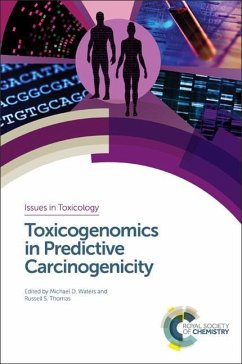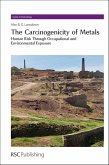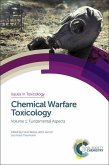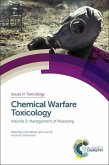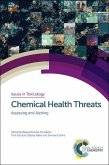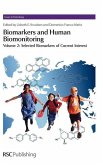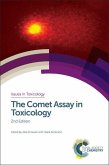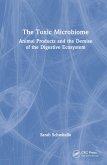Research over the past decade has demonstrated that TGx methods of various types can be used to discriminate modes of mutagenesis as a function of dose. TGx can quickly inform safety evaluation regarding potential mechanisms of conventional outcomes and can provide essential dose-response information. This can then be used to ascertain the sequence of key events in a putative mode of action as may apply in quantitative cancer risk assessment. With the increasing complexity of research in mode of action investigations it is important to gain a better understand of approaches to data integration and health risk assessment. Furthermore, it is essential to consider how novel test systems and newer methods and approaches may be used in future to gain a better understanding of mechanisms. Toxicogenomics in Predictive Carcinogenicity describes toxicogenomics methods in predictive carcinogenicity testing, mode of action and safety evaluation, and cancer risk assessment. It illustrates these methods using case studies that have yielded significant new information on compounds and classes of compounds that have proven difficult to evaluate using conventional methods alone. This book additionally covers current and potential toxicogenomic research using stem cells as well as new bioinformatics methods for drug discovery and environmental toxicology. This publication is an indispensable tool for postgraduates, academics and industrialists working in biochemistry, genomics, carcinogenesis, pathology, pharmaceuticals, food technology, bioinformatics, risk assessment and environmental toxicology.

